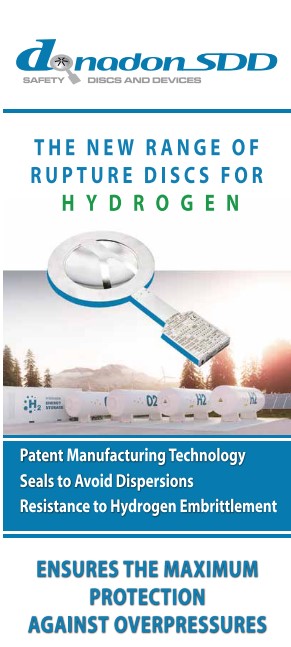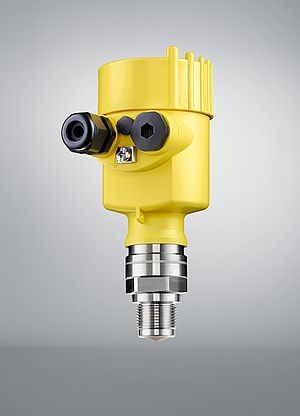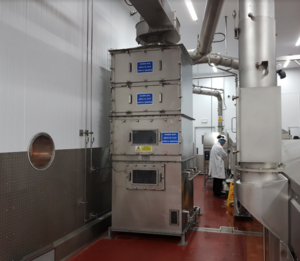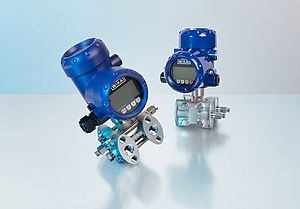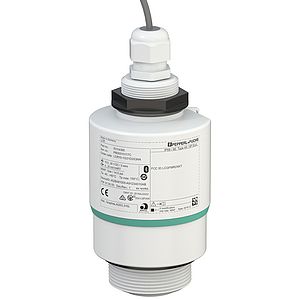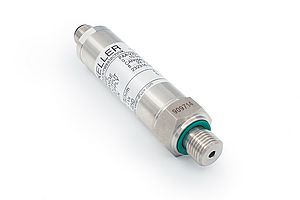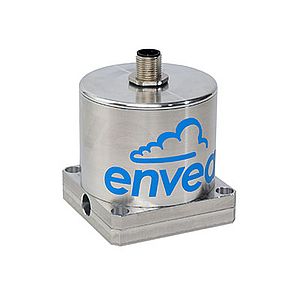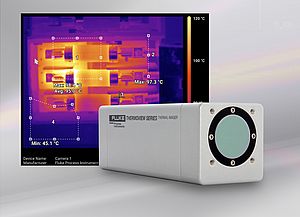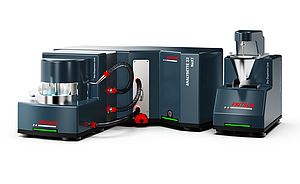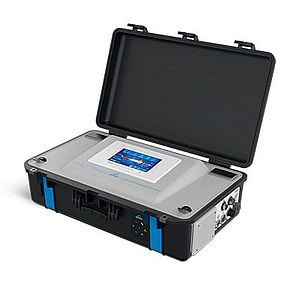Bühler Group and Vyncke have announced a strategic partnership to offer integrated solutions to transform biomass side stream products into clean process energy and reduce customers’ carbon footprint. The dependency on fossil fuels – and with this, CO2 emissions – can decrease from 20%-100%, depending on the raw material and side stream products. This means that in some cases, food plants can become fully carbon neutral. The first focus of the partnership is the segments of cocoa, oat, and malt processing. “This partnership is a key element in our strategy to massively reduce CO2 in the value chains of our customers,” says Johannes Wick, CEO of Bühler Grains & Food. “Many industries rely on our solutions to reduce their fossil fuel consumption. With Bühler, we now aim to also become the standard to reduce the CO2 footprint of the food industry,” says Peter Vyncke, owner of Vyncke. “Together, Bühler and Vyncke can now offer integrated and optimized solutions where economic and ecological benefits go hand in hand.”
Carbon neutral cycles are possible
Biomass by-products are generated in almost all food processes. Typical examples are the processing of grains, rice, corn, and cocoa. Today, by-products are often either used for animal feed or simply disposed of. From biomass by-products, food manufacturers can also produce a climate-neutral form of energy. Unlike the combustion of fossil fuels, the use of biomass energy helps controlling greenhouse gas emissions as the only fraction released corresponds to what the plants previously took from the atmosphere during their growth, which is less than transporting the side stream products to a place where they would be used for feed or disposal. This creates a neutral CO2 cycle. With new equipment, digital services and retrofit offerings, Bühler already made strong progress in making its solutions more energy efficient. “By adding Vyncke's energy recovery processes to our portfolio, we can offer our customers low- to zero-carbon food solutions,” says Johannes Wick.
Belgian technology supplier Vyncke specializes in energy production from a wide range of biomass by-products, including industrial or municipal wastes. The range of biomass-based fuels available for energy production is broad; from agricultural and wood residues to sludges from industrial processes, recycled wood, and specially grown energy crops. Vyncke designs and builds green and clean energy systems that combust biomass and waste to produce thermal process energy from 1-100 megawatt hours (Mwh) and electrical energy from 0.5-15 megawatt electrical (Mwe).
Outside of energy-intensive industries, most companies have tended to view energy procurement as a cost to be managed rather than a strategic area in the value chain. Yet today, energy is becoming one of the most important levers for business success. With their cooperation, Bühler Group and Vyncke are addressing this issue to develop solutions for more sustainable food production – with holistic process chains in which energy recovery is integrated so that external energy consumption and energy costs can be reduced. This not only contributes to greater sustainability, but also opens competitive advantages for food producers through greater energy efficiency.
South American joint project
One particularly important joint project will be the expansion of a malt production plant for Bühler's long-time business partner, Malteria Oriental S.A. in Montevideo, Uruguay. Malteria Oriental S.A. belongs to the Grupo Petrópolis, one of Brazil's largest beer producers. Their brewing business requires more malt, as beer consumption in South America has grown steadily in recent years.
In malt houses, the thermal energy consumption for drying malt is enormous. In the project, Vyncke will be responsible for recovering thermal energy from biomass, which is a by-product of malt production. Through an on-site energy audit, Vyncke developed a set-up to reduce the size of the energy system by 30%, creating savings in the total investment as well as the operational costs. Vyncke will build a turn-key 20-megawatt superheated water boiler with dual combustion systems which will burn internal barley husks and plant rejects, completed by externally sourced wood chips. This will save 35,000 tons of CO2 emissions each year compared to standard operational practices in Uruguay.
Both Vyncke and Bühler have set the goal of reducing energy consumption in all new food plants by at least 50% by 2025. Together, both partners want to create the possibility of making malting plants CO2 neutral. The project in Uruguay is just the beginning. In the future, both partners intend to coordinate their solutions technologically in a targeted manner.














